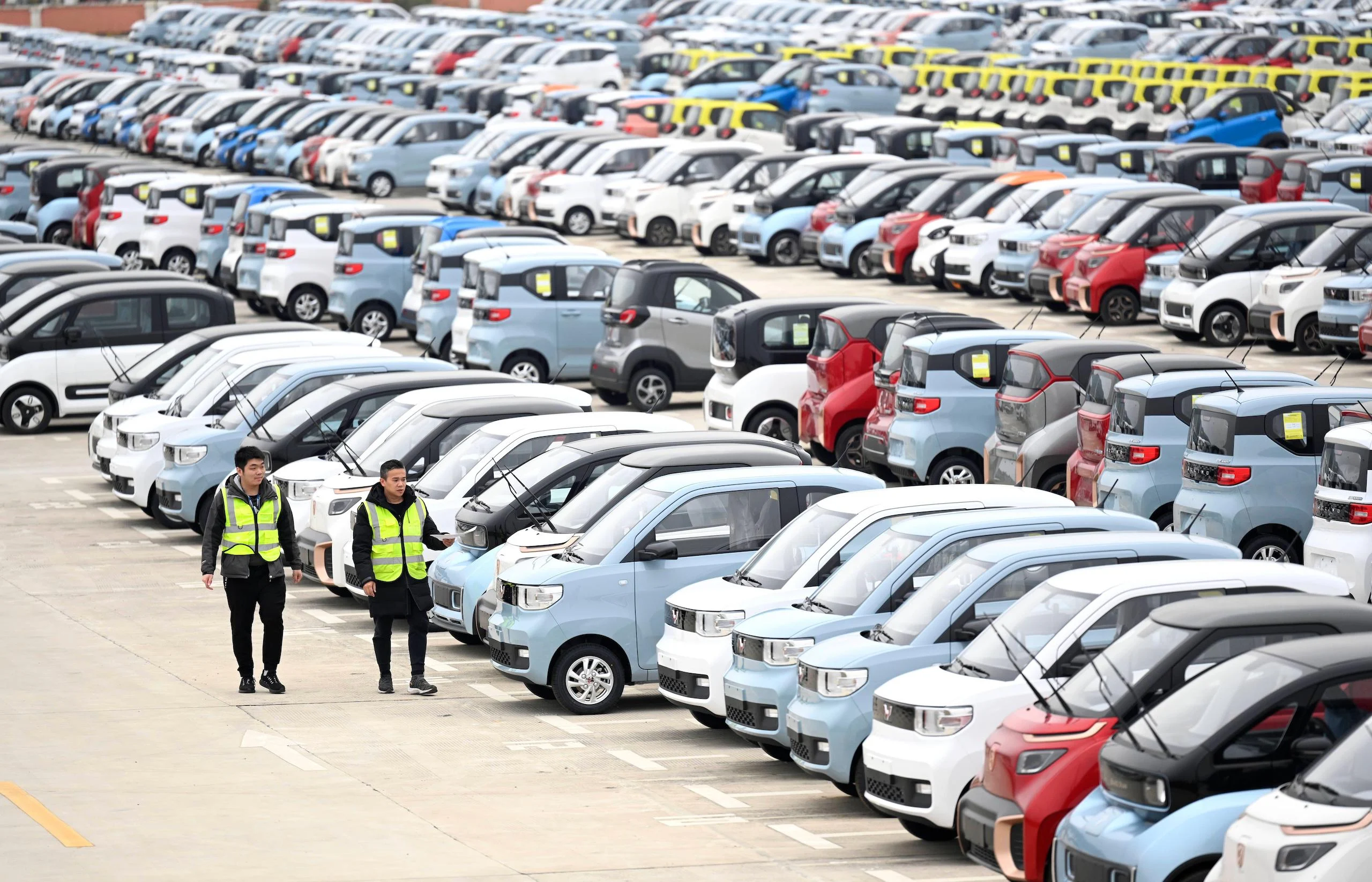
Used electric vehicles (EVs) are now cheaper than their gasoline counterparts, with the price gap widening sharply since early 2024. According to a recent iSeeCars report, the average price of a used EV in May 2024 was $2,657 lower than a comparable gas vehicle. This marks a significant reversal from February when used EVs were only $265 cheaper.
The steep decline underscores a broader trend: consumers are pulling back from EV purchases, influenced by concerns over cost, range, and charging infrastructure, and are instead gravitating towards hybrid vehicles.
Consumer Interest in EVs Hits Multi-Year Low
The drop in demand for EVs has been profound. A June AAA survey revealed that only 18% of consumers are likely to buy an EV, the lowest interest in years. Conversely, one-third of the respondents expressed a preference for hybrid vehicles, which combine gasoline and electric engines, offering flexibility without the same range and charging anxieties.
Price Trends Show EVs Losing Value Faster
iSeeCars’ data highlights the severity of the price decline. Between May 2023 and May 2024, the average price of used EVs fell by 29.5%, starkly contrasting with a 6.1% decline for traditional combustion engine vehicles.
For example, the Tesla Model 3, which was priced $2,635 higher than a BMW 3 Series in June last year, was priced $4,806 lower by May 2024. This significant price reduction reflects a broader softening in the market and changing consumer preferences.
Challenges Facing the EV Market
Several factors contribute to this trend. Post-pandemic supply chain improvements have generally driven down car prices. However, the EV market faces unique challenges, including higher upfront costs, limited charging infrastructure, and range anxiety. These issues have dampened the enthusiasm that once drove the market’s growth.
Industry analysts at Bank of America describe the recent trend as an “unprecedented EV head-fake,” where rapid EV launches have stalled, prompting a strategic pivot back to internal combustion engines and hybrids. This reversal has strained production plans and affected the stock performance of EV-centric companies like Tesla and Rivian. Notably, Fisker has filed for bankruptcy, and Hertz offloaded 20,000 Tesla rentals due to lower-than-expected demand.
Despite the slump, the transition to alternative powertrains isn’t completely derailed. Bank of America notes that while the pace of EV adoption has slowed, regulatory pressures and ongoing investments from automakers ensure that EVs and hybrids remain a key part of the industry’s future. Ford and GM’s Cadillac division, among others, continue to spearhead new EV initiatives, signaling that while consumer interest has waned, the drive towards electrification persists.
Related News:
Featured Image courtesy of Imago/Alamy Stock Photo
